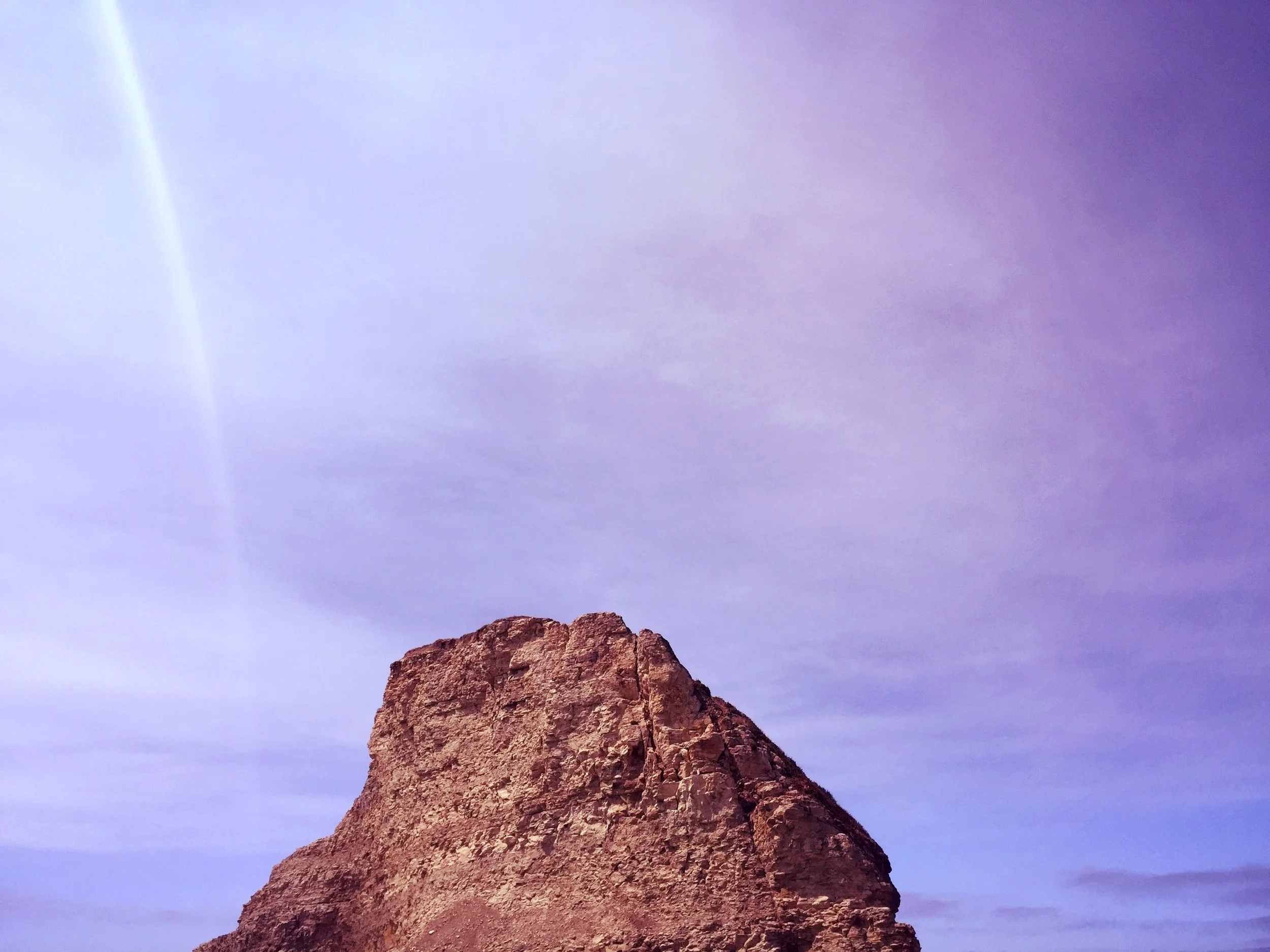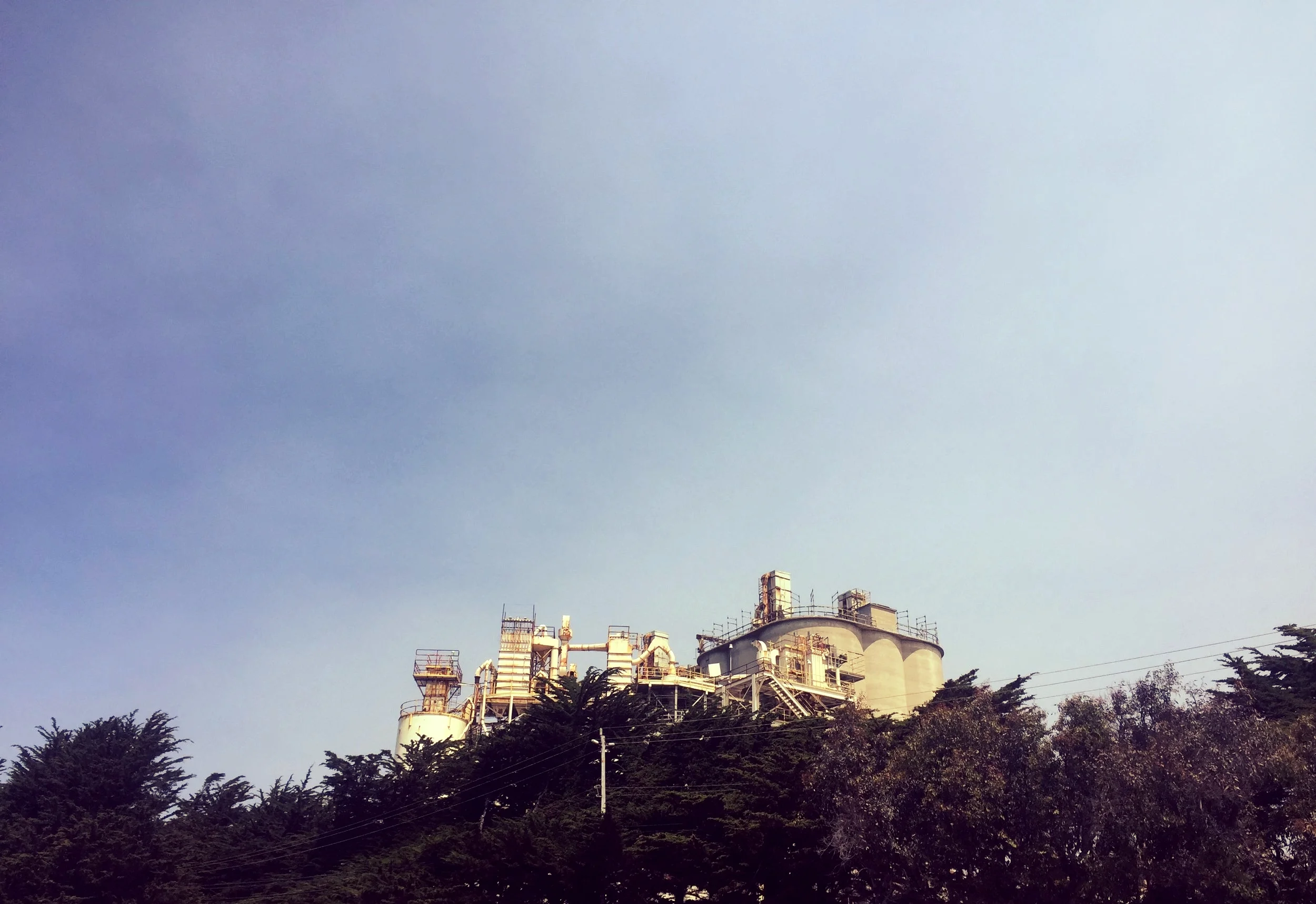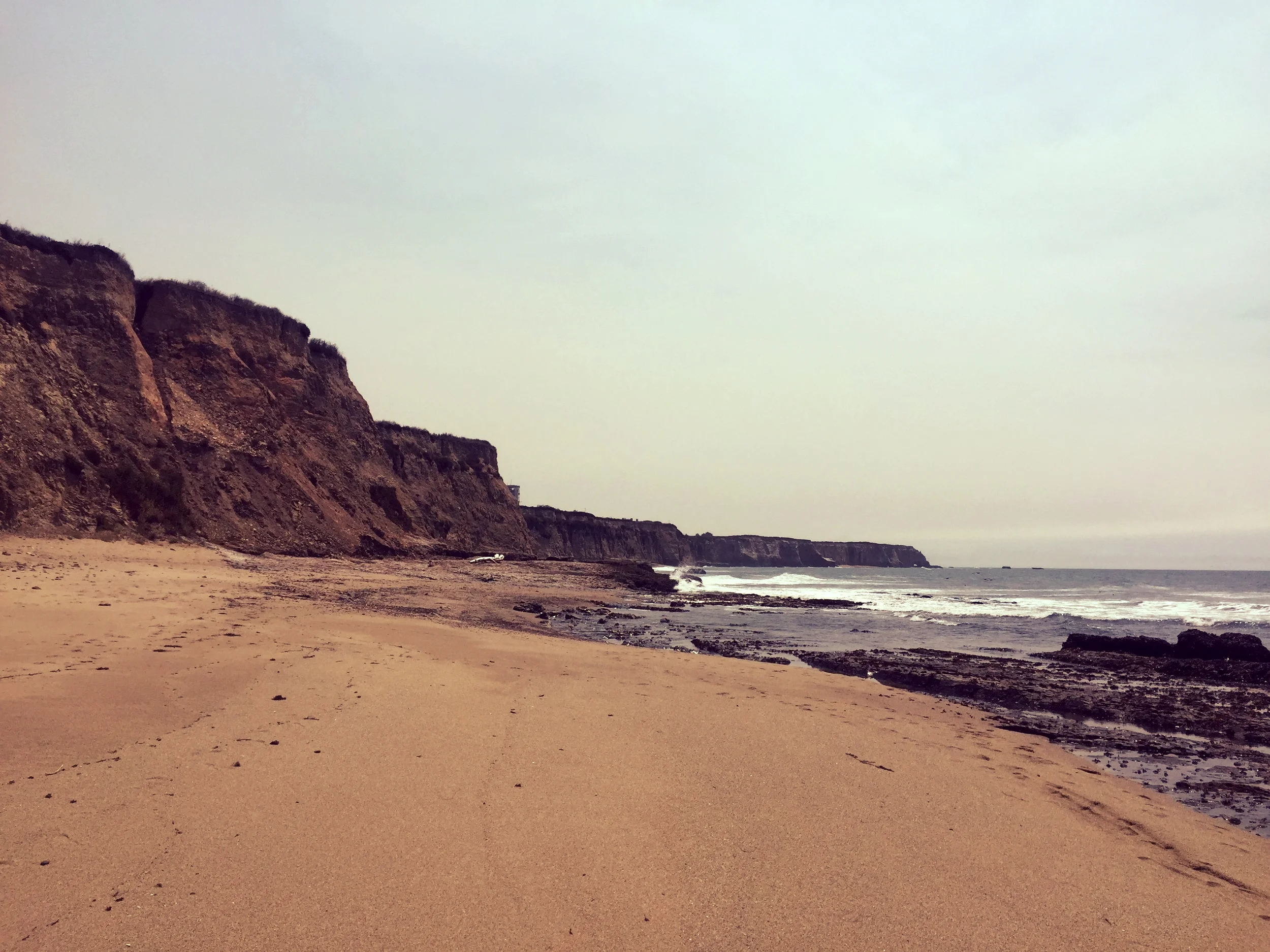Dealing With Doubt: Ace Pride and Queer Pain
It wasn’t until I sat to write this piece that I realized how awkward I feel around the term “asexual pride.” Not because there’s anything wrong about being asexual, or that I’m not glad to be ace, but rather because of the way I think of pride and all it encompasses. It’s hard to feel proud of an aspect of myself that was inherent from when I was very young. Being proud of my asexuality is like being proud of my arm. If I’d worked out enough to be super buff, then I’d be proud of it, but as of right now, it feels silly to be proud of my arm for being there. I mean, I sure appreciate it, but it’s just doing what it’s supposed to do.
I thought we should only be proud of our accomplishments and abilities; things you achieve and work for, that take skill and effort to reach. For me, being ace is as much a part of me as my head is. It feels odd to say you’re proud of having a head — after all, you didn’t do anything to obtain it.
I might feel different had my process of realizing I’m asexual been more fraught. Aces from different backgrounds, who may have to fight for acceptance from their family and friends, or need to stay in the closet because it’s not safe for them to come out, likely have stronger emotions regarding asexual pride. But my journey to ace realization was remarkably smooth — I simply had no interest in having sex or relationships. I didn’t question it too closely, since I assumed I would be interested whenever I found the right person. Of course, that never happened, and I wasn’t curious enough to explore why. Only when I joined Tumblr during my freshman year of college did I even come across the term “asexuality,” and it wasn’t until a year later that I realized I might be ace! My own sexuality mattered so little to me, it took a whole year to realize that this ‘asexuality thing’ might apply to me!
All this is to say that I don’t know how I feel about ace pride. Am I glad I have a word for my general state of disinterestedness? Yes. Do I like being asexual? Very much so. Am I proud to be ace? …Shrug emoji?
I didn’t do anything to earn it. I didn’t have to fight or struggle to be recognized as ace, and no one disowned me. I didn’t lose any friends over it — in fact, some of my friends turned out to be ace themselves! I’ve never personally faced any ace exclusionism, although that’s probably because I don’t talk about it much online and no one has been rude enough to challenge asexuality to me in person. And while I know some few exclusionists do blather online about asexuality not being part of the queer community, most LGBTQIA+ organizations seem to at least recognize asexuality as real, and plenty openly embrace aces. The ace flag hangs at Stonewall, for crying out loud. Whoever these exclusionists are, they seem not to understand that most queer people think they’re wrong.
But their insistence that we aren’t queer is where some of my hesitance comes from, because I think I know what’s underpinning their argument. So much of queer identity right now is wrapped in pain, which comes from living in a society unwilling to recognize our worth. For every joyful coming-out story, there are several painful ones of dismissal and rejection. For most of modern history, our stories could not appear in media unless we were villains or pitiable figures who died tragically. Whilst things may be changing now for the youngest members of our community, there are still whole generations of queer people whose identity is intertwined with their reaction to that kind of trauma. Until the world fully treats us with the rights and respect we deserve, many people will continue to face ostracism, abandonment, and rejection for what is usually an inherent part of themselves. But if queerness seems inherently tied to trauma, can you be queer if you don’t share that experience?
Someone’s sexual orientation shouldn’t have to be connected to traumatic experiences to be fully recognized and accepted, and yet I worry: Did I have it too easy? Can I really call myself queer and be part of the community if I didn’t obviously suffer for it? There are drawbacks to being ace, but I haven’t really experienced them (yet), so where does that leave me?
Intellectually, I know the answers. Yes, aces are queer and part of the community, and no, you don’t have to suffer to be able to call yourself queer. But emotionally, I feel as though my story hurts the ace community and our collective campaign to be fully acknowledged and respected, and thus I’m reluctant to share it. If I’m ace and doing just dandy right now, does it seem like asexuals don’t have any problems or aren’t worthy of attention? And if I didn’t suffer to “earn” my asexuality, can I be proud of it?
Whenever I worry about these things, I remind myself that simply being outside the perceived norm can give inimitable insight into that norm, its benefits, and its downsides. Asexuals have something unique to contribute to the world, and we should be able to be proud of that. Our pride can come from our existence, of being proud that we have so much to contribute to humanity’s understanding of itself. Much of what is normalized and seen as inevitable in human relationships is, when viewed through an asexual lens, realized to be merely a construct. An asexual way of viewing (of which there isn’t just one) relationships and sex reveals much that our society and even our species may take for granted, and by demonstrating that sex isn’t automatically desired nor necessary for a good life, our viewpoint can be instrumental in constructing a new, healthier approach to interpersonal relationships.
And yet, we shouldn’t need to prove anything special in order to be proud of this unique facet of ourselves. The insights asexuality can give to human understanding shouldn’t be what we throw in detractors’ faces to justify ourselves. Regardless of what asexuality, and a better understanding of it, can contribute to the world, our existence and the acceptance of it does not need to be based on what we can contribute. We can be proud of ourselves as we are, for just being ourselves, in a world that doesn’t yet understand us.
We don’t need to be or do anything particular to take pride in our existence and its value. That’s something the entire queer community shares and can continue to do so. Together, hopefully we’ll achieve an equitable and just world for all of us very soon.





